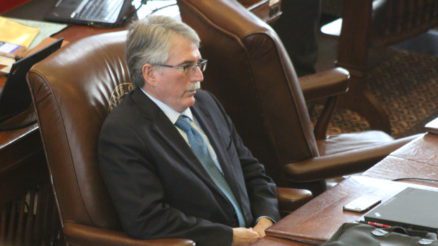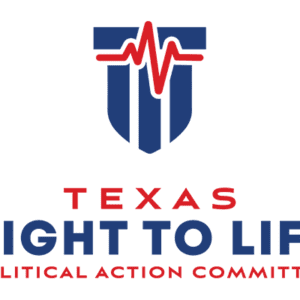Despite the wishes of his doctor, patient makes incredible recovery
A 12-year-old boy, whose doctor claimed he was in a “persistent vegetative state” after suffering a gunshot wound to the head, is now talking and receiving physical therapy at a Dallas hospital.
On August 6, Zach was shot in the head as a bystander when he got caught in the crossfire of a drug deal gone bad. He was rushed to emergency surgery in Abilene, placed in a drug-induced coma, and then transferred to Cook Children’s Medical Center in Fort Worth on a ventilator.
Upon transfer, Cook Children’s staff claimed that Zach’s prognosis was poor, and that part of his brain had been removed during surgery. They pressured Zach’s parents to sign an organ donation consent form.
However, a brain scan later revealed that Zach’s brain was intact. The staff said that there must have been miscommunication between the two hospitals.
But just a week later, the hospital convened an ethics committee, an entity under Texas law that has the power to terminate a patient's care after 10 days. It was the committee’s opinion that any further care for Zach would be futile, and moved to terminate care. Zach’s parents pleaded for the hospital to give him time to recover. But because of procedural mistakes, the committee did not technically convene, and their ruling didn’t stand.
Three days after that, Zach was able to breathe on his own. Yet, on that same day, Zach’s doctor secretly withdrew Zach’s food and water, then slipped a “Do Not Resuscitate” order into his chart without his parent’s knowledge or consent. Dehydration can cause — among other serious problems — cardiac arrest. But with the DNR in his file, if Zach did need help, the hospital would have done nothing to save his life.
When Zach’s mother, Jessica, discovered the DNR and realized that her son wasn’t receiving food and water, she was alarmed and called Texas Right to Life for help.
Texas Right to Life’s legislative director, John Seago, advised Jessica to confront the doctor. Removing a patient’s food and water without the approval of the hospital’s ethics committee is illegal. However, the secret DNR was legal under Texas law. John promised Jessica legal aid if the need arose.
When Jessica confronted the doctor, he reluctantly reinstated the food and water and removed the DNR order, but claimed that Zach was in a “persistent vegetative state.” He made it clear that he no longer wished to treat Zach, and advised Jessica to find another place to take her son.
With John’s help, Zach was moved to the Children’s Medical Center in Dallas, where doctors were hopeful and said that Zach had a survivable injury. Doctors there slowly weaned Zach off the sedatives in order to bring him out of his drug-induced coma. Now, Zach is fully conscious, talking, and receiving physical therapy.
John Seago details Zach’s recovery: “Zach has regular short term and long term memory capacity. He has had both a successful brain surgery, and reconstructive surgery to repair his skull from damage caused by the bullet.
“Currently, he is in the process of moving to a full in-patient rehabilitation facility where they will help him recover fine motor skills and the ability to walk again. He was in a drug-induced coma for so long that his body has to relearn these simple functions. However, his doctors expect him to have a full physical recovery, with the only lasting damage being weakened vision in his left eye.
“Zach’s recovery is a victory for Life, and a testimony that we should fight for all innocent human life without making arbitrary quality of life judgements.”
To keep their son alive, Zach’s parents were forced to fight an unethical Texas law, the Advance Directives Act, that allowed a physician to place a possibly life-ending DNR in Zach's chart without their consent or notice. The Act also empowers doctors and hospitals to terminate all care against the patient’s will and the will of his family, even if they have the means to pay.
I am thrilled to share Zach’s story with you today. His has a happy ending; but unfortunately, cases like his are becoming more common, and don’t always end as well as Zach’s. Sign up to receive our breaking news alerts, and learn of these cases as they happen.
Tags: advance directives act, death panels, legislation, medical ethics




